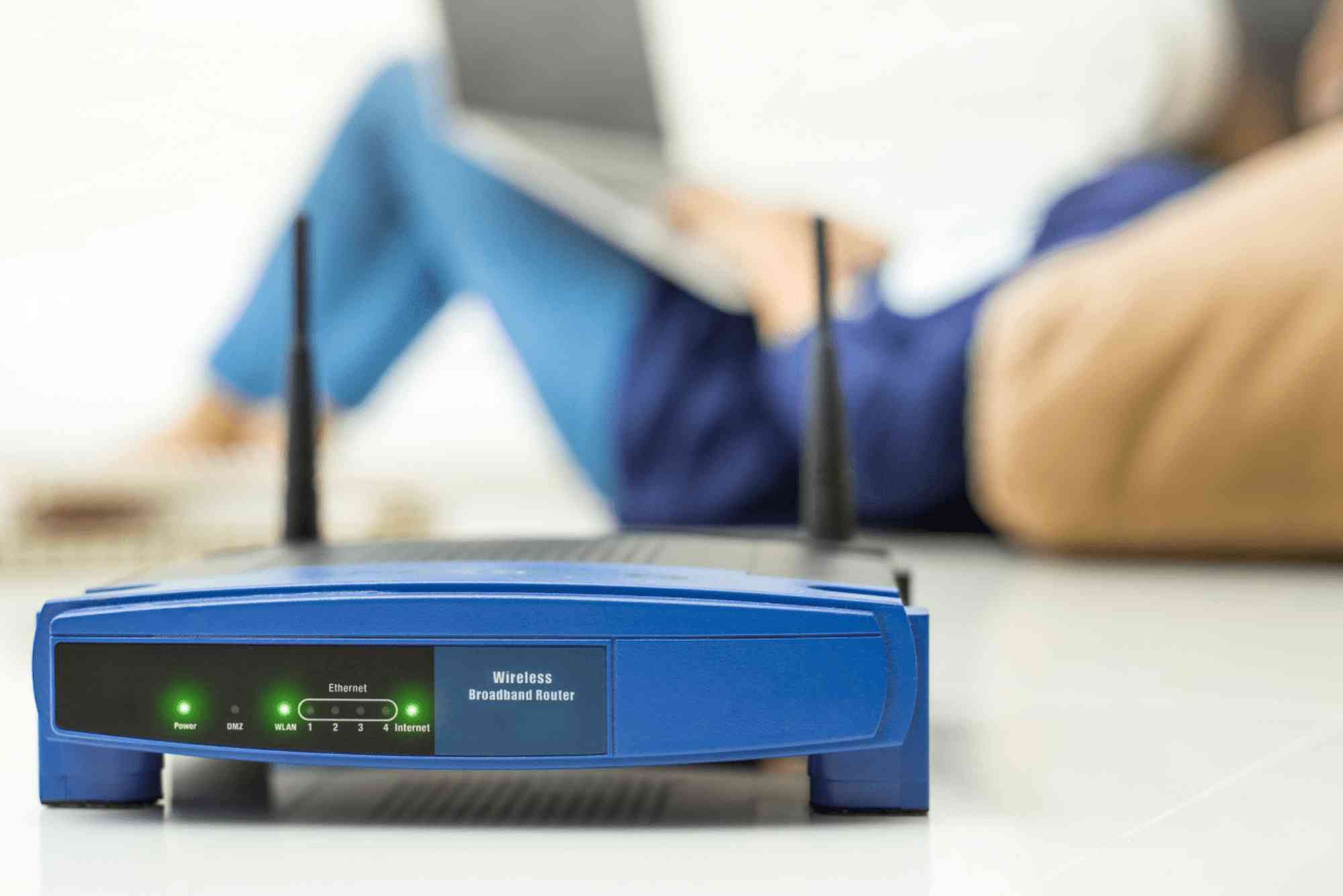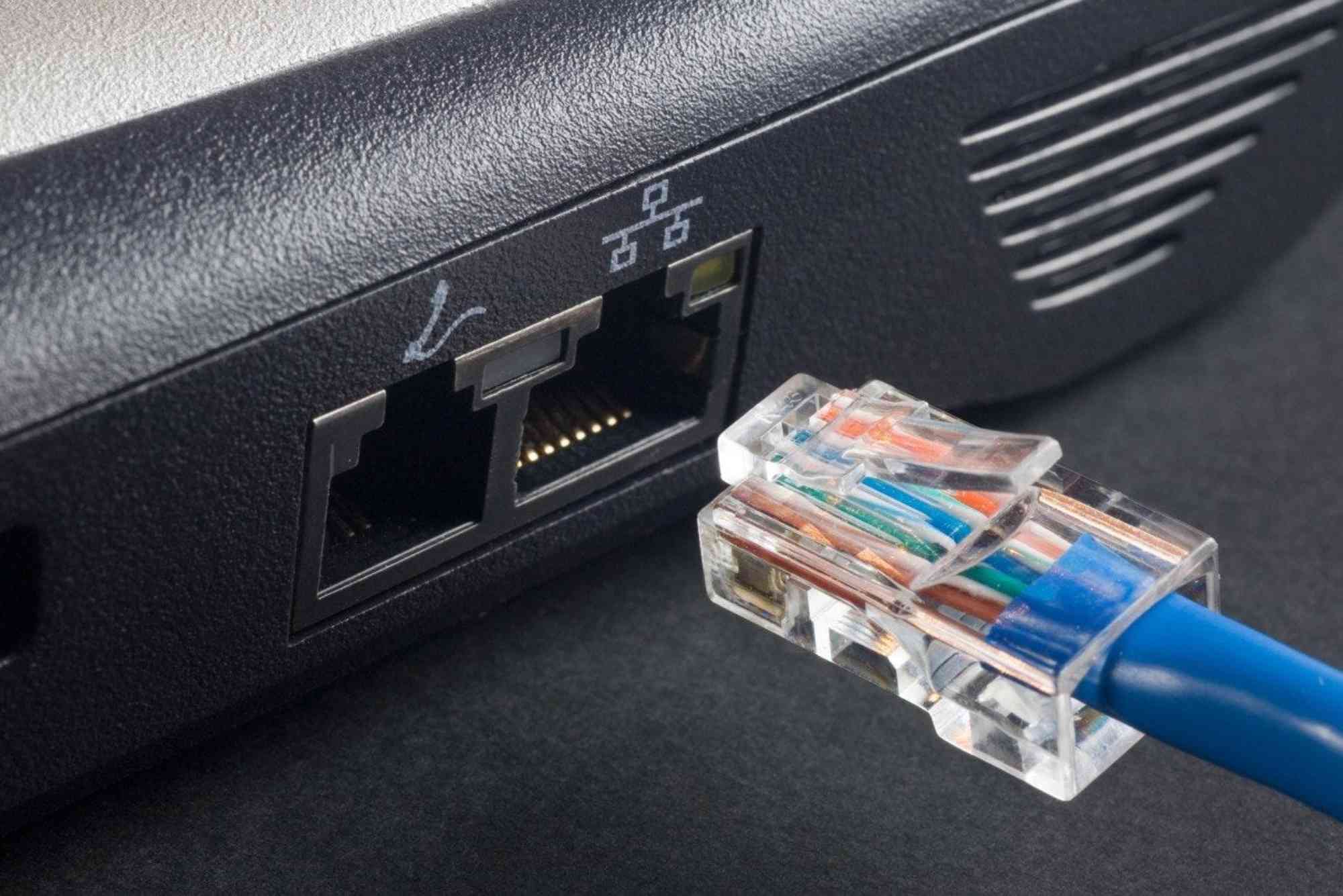If you’re upgrading your home network, you might wonder, will mesh Wi-Fi work with your older devices? The short answer is yes—most of the time. However, the long answer depends on the age, hardware, and Wi-Fi standards your devices support.
Mesh Wi-Fi systems have revolutionized how we stay connected, especially in larger homes or offices where single routers struggle to reach every corner. But if you still have older laptops, smart TVs, or even early-generation smart home gadgets, it’s natural to question whether they’ll still connect smoothly. Let’s explore how mesh Wi-Fi interacts with older technology and what you can do to ensure compatibility.
Understanding How Mesh Wi-Fi Works
Mesh Wi-Fi networks use multiple devices—called nodes—to create one seamless network throughout your space. Instead of relying on a single router, these nodes communicate with one another to provide even, reliable coverage.
When you move around your home, your phone or laptop automatically connects to the strongest node without dropping the connection. This design eliminates dead zones and helps maintain consistent speeds.
However, while modern mesh systems are backward-compatible, your older devices might not take full advantage of the latest Wi-Fi technology.
How Mesh Wi-Fi Ensures Compatibility With Older Devices
Mesh Wi-Fi systems are typically designed with backward compatibility. That means they support previous Wi-Fi standards, such as Wi-Fi 4 (802.11n) and Wi-Fi 5 (802.11ac), even if they’re built to support Wi-Fi 6 or Wi-Fi 7.
So, even if your older devices don’t have the latest Wi-Fi chipset, they can still connect to a mesh network—just at lower speeds or with some limitations.
The key lies in the mesh router’s ability to switch between frequency bands and protocols. Most mesh routers automatically manage this, ensuring your older device connects to the band it supports, usually 2.4 GHz.
Why Older Devices Might Struggle With Mesh Wi-Fi
While mesh Wi-Fi is generally backward-compatible, older devices can sometimes experience connection problems. The issue isn’t usually the mesh system—it’s the device.
Limited Support for New Protocols
If your device only supports Wi-Fi 4, it won’t recognize advanced features from Wi-Fi 6 or Wi-Fi 7 systems. These features include faster data encoding and multi-device communication technologies like MU-MIMO or OFDMA.
2.4 GHz vs. 5 GHz Band Issues
Older devices often connect better to 2.4 GHz networks because they were not designed for dual-band setups. Some mesh routers combine both 2.4 GHz and 5 GHz bands into one SSID for simplicity. In rare cases, this can confuse older devices that can’t switch bands automatically.
Outdated Firmware or Network Drivers
A common cause of compatibility issues is outdated firmware. Many older laptops and smart devices haven’t received updates in years. Updating the Wi-Fi drivers or firmware can often resolve these issues.
How to Connect Older Devices to a Mesh Wi-Fi System
If you’re having trouble connecting, don’t worry. There are several reliable ways to get your older devices working with your new mesh system.
Separate the 2.4 GHz Network
Some mesh systems, like TP-Link Deco or Google Nest Wi-Fi, allow you to create a temporary or permanent 2.4 GHz-only network. This helps older devices that can’t connect to mixed networks.
Update Your Device’s Software
Before assuming your device is incompatible, check for system updates. Even older Windows laptops and Android phones can often receive Wi-Fi driver updates that improve compatibility.
Use Ethernet When Possible
If your device supports a wired connection, plug it into a mesh node via Ethernet. This not only guarantees stability but also frees up wireless bandwidth for other devices.
Mesh Wi-Fi Performance With Older Devices
Even when older devices connect successfully, you might notice performance differences. Mesh systems are optimized for devices that support newer Wi-Fi standards.
Older hardware will naturally cap your speeds due to slower antennas or processors. For example, a Wi-Fi 4 laptop might max out around 100 Mbps even if your mesh network supports 1 Gbps or higher.
The good news? The mesh system itself won’t slow down newer devices. Each device communicates at the best speed it can handle, ensuring that your newer smartphones, tablets, and computers get the most out of your internet connection.
Mesh Wi-Fi and Smart Home Devices
Many homeowners are concerned about connecting older smart home gadgets like early smart bulbs, plugs, or cameras. These devices often rely solely on 2.4 GHz networks.
Fortunately, most mesh Wi-Fi systems maintain 2.4 GHz compatibility by default. However, setup can sometimes be tricky if the system merges 2.4 GHz and 5 GHz bands under one name.
A simple trick: move far enough from the router during setup so your phone connects to the 2.4 GHz band. Then pair your smart device. This method often resolves pairing failures.
Common Misconceptions About Mesh Wi-Fi Compatibility
One popular myth is that mesh Wi-Fi systems only work with the newest devices. In reality, even gadgets over ten years old can connect if they support Wi-Fi 4 or later.
Another misconception is that you need to replace all your devices when installing mesh Wi-Fi. That’s rarely true. Instead, upgrading just a few key devices—like your router, streaming devices, or main computer—can dramatically improve overall performance.
When You Might Need a Device Upgrade
While mesh Wi-Fi can breathe new life into your home network, there are times when upgrading older devices makes sense.
If your devices frequently drop connections, take minutes to load simple pages, or can’t stream HD content even with a strong signal, their hardware may simply be too outdated.
Upgrading to devices that support Wi-Fi 6 ensures faster speeds, lower latency, and better battery life for mobile gadgets. It’s a worthwhile long-term investment if you depend on stable connectivity for work, streaming, or gaming.
Real-World Example: Orange Theory Mountain View
A practical example of mesh Wi-Fi compatibility can be seen in fitness studios like Orange Theory Mountain View. These environments rely on multiple connected devices, from heart rate monitors to tablets and streaming screens.
When the studio upgraded to a mesh Wi-Fi network, most of its older tablets and trackers connected smoothly. A few devices required manual pairing on the 2.4 GHz band, but once configured, the entire setup worked seamlessly.
This example shows that, even in demanding commercial spaces, mesh Wi-Fi systems can maintain compatibility across generations of devices with minimal effort.
FAQs About Mesh Wi-Fi and Older Devices
Will my old laptop work with mesh Wi-Fi?
Yes, as long as your laptop supports Wi-Fi 4 (802.11n) or newer. You might not get top speeds, but it will connect.
Can smart home devices connect to mesh Wi-Fi?
Absolutely. Most mesh systems support 2.4 GHz, which is what most smart devices use. You may just need to separate the bands during setup.
Do I need Wi-Fi 6 devices for mesh Wi-Fi?
No. Wi-Fi 6 mesh routers are backward-compatible with older devices, though only newer ones can fully use the faster speeds.
Why won’t my old device connect to my mesh network?
It might not support the combined SSID setup or have outdated firmware. Try splitting the bands or updating the device’s drivers.
Will using older devices slow down my mesh Wi-Fi?
Not at all. Each device communicates at its own speed, so older gadgets won’t reduce performance for newer ones.
Getting the Most From Your Mesh Wi-Fi
So, will mesh Wi-Fi work with your older devices? In nearly every case, yes. Mesh networks are built with backward compatibility in mind, ensuring that both old and new devices can share the same powerful connection.
While your older gadgets might not reach blazing speeds, they’ll still benefit from a stronger, more reliable signal. And if you ever decide to upgrade, your mesh Wi-Fi system will be ready for the latest technology.
For personalized advice on optimizing your home network or setting up a mesh system that supports all your devices, visit Dhanote Internet Services for expert guidance and reliable solutions.







